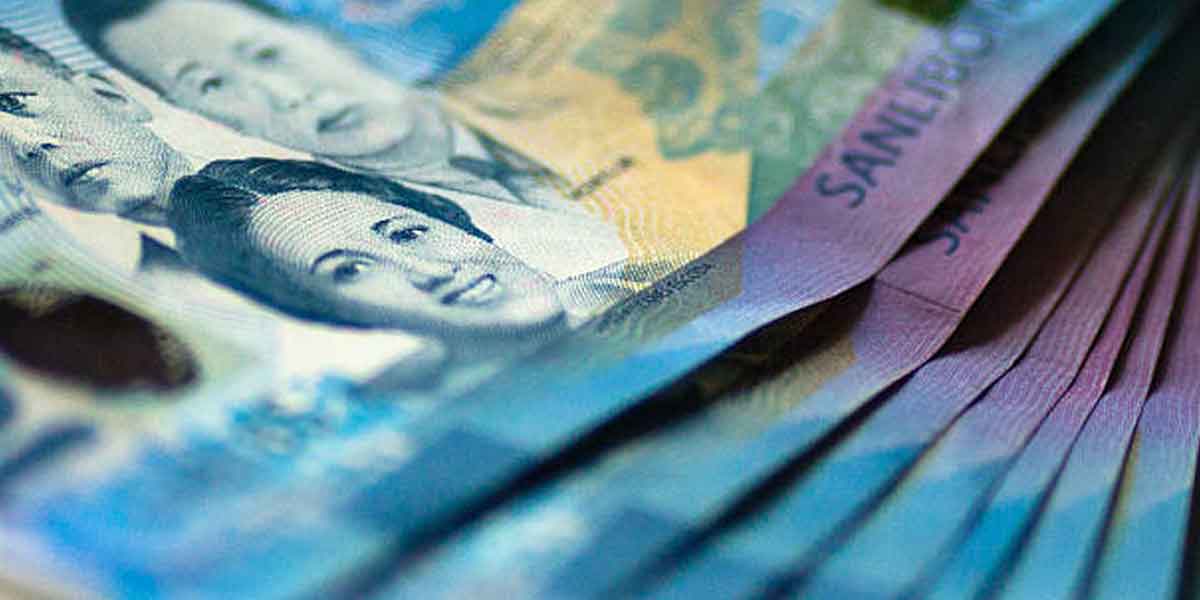
AT FIVE o’clock in the morning every day, the engineers aren’t the only ones up and about inside the power plant. An unlikely bunch kept them company amid the impressive steel and concrete structures. You would have to pay close attention to notice them because despite being frequent visitors, these winged creatures were often overlooked. The visitors weren’t angels — they were birds.
Dawn crawls over the Davao Gulf, onto the jetty that juts out the border of Davao City and Davao del Sur, and the sun rises behind the iconic coal dome. Birds leave their roosts on ladder rungs and electrical lines to forage for a morsel among the pockets of foliage inside the 75-hectare compound of the 300-megawatt Davao Baseload Power Plant operated by AboitizPower subsidiary Therma South, Inc.
Flocks of birds, lush greenery, sea, and springs teeming with life — this is not the usual scenery that is associated with a coal-fired power plant. But undoubtedly, it is the scenery that we should see more often.
Davao-based birder Peter Simpson spotted and identified 45 different species inside the plant after three birdwatching sessions last June 27, 2018, September 24, 2018, and June 18, 2019. He believes that with a few more sessions, more species may be discovered.

“TSI is a haven for birds because of the great range of habitats; open sea, the beach, grassland, marshland, and freshwater pools. Even the man-made structures offer an opportunity to the birds as evidenced by house swifts nesting on the sides of the coal dome,” Simpson shared.
AboitizPower has always strived to provide reliable and reasonably-priced power, making sure that all its business units are operated responsibly. Therma South, Inc. or TSI, under its Coal Business Unit, is a prime example of the lengths a thermal power plant would go to protect the environment.
Proof of this is the thriving avian and marine life inside and around the plant complex. Birds perch on metal trusses and hunt for food in marshy patches of grass and spring water. The power plant provides a unique ecotone for them.
Marine biodiversity also continues to improve throughout the years of TSI’s operations. Ridge-to-Reef, a third-party consultancy that conducts quarterly marine biota studies in TSI, has observed that the live coral cover around the power plant increased from 16% in 2013 to 30% in 2018.
If one were to dive under the waters around the vicinity, they could follow schools of fish as they dart in and out of seagrass and coral reefs. In the latest marine biota study, a third-party environmental consultancy was able to profile 22 fish families with close to 5,700 fish individuals. Close to half of these fish individuals are target species or fish that are commercially viable.
Recently, five sea turtle or pawikan nests have also been discovered along the coast of the power plant. From these nests, more than 300 sea turtle hatchlings have made their way into the sea. When these hatchlings reach maturity, they will come back to nest in the place they were hatched and repeat the cycle once more.
The vibrant marine life can be attributed to the fact that the waters around the plant have become something akin to a protected area because it is a no-fishing zone. The host communities of Barangay Binugao and Inawayan are also given pieces of training on sustainable fishing practices, marine protection information drives, and conduct regular coastal clean-ups with TSI.
The power plant ensures that it has minimal impact on the environment by utilizing the Circulating Fluidized Bed Technology, cultivating a culture of environmental stewardship, and going beyond mere compliance with environmental laws and regulations.
To further solidify its efforts for environmental stewardship, TSI was given the Environmental Management System (ISO 14001:2015) certification by international certifying body TUV Rheinland in 2017. The company was recommended for recertification in 2018, along with its certifications in Quality Management (ISO 9001:2015) and Occupation Health and Safety Management (OHSAS 18001:2007).
“In AboitizPower, we go beyond environmental compliance, we strive for stewardship, to sustainably operate our power facilities. The avian and marine life present within our facility is proof of these responsible operations,” said Danel Aboitiz, President and Chief Operating Officer of the AP Coal Business Unit.
TSI is open for pre-arranged plant tours on Tuesdays and Thursdays to better inform the public of the plant’s operations and to give the visitors the opportunity to experience to see the birds, greens, and waters inside TSI themselves. The tours are free of charge. To book a reservation, you may email energyeducationcenter@aboitiz.com.
Therma South, Inc. is a wholly owned subsidiary of Aboitiz Power Corporation. Together with Therma Luzon, Inc. and Therma Visayas, Inc., the three primarily form the AboitizPower Coal Business Unit.
AboitizPower is the holding company for the Aboitiz Group’s investments in power generation, distribution, and retail electricity services. It advances business and communities by providing reliable and ample power supply at a reasonable and competitive price, and with the least adverse effects on the environment and host communities.
The company is one of the largest power producers in the Philippines with a balanced portfolio of assets located across the country. It is a major producer of Cleanergy, its brand for clean and renewable energy with several hydroelectric, geothermal and solar power generation facilities. It also has thermal power plants in its generation portfolio to support the baseload and peak energy demands of the country.
The company also owns distribution utilities that operate in high-growth areas in Luzon, Visayas, and Mindanao, including the second and third largest private utilities in the country.




















